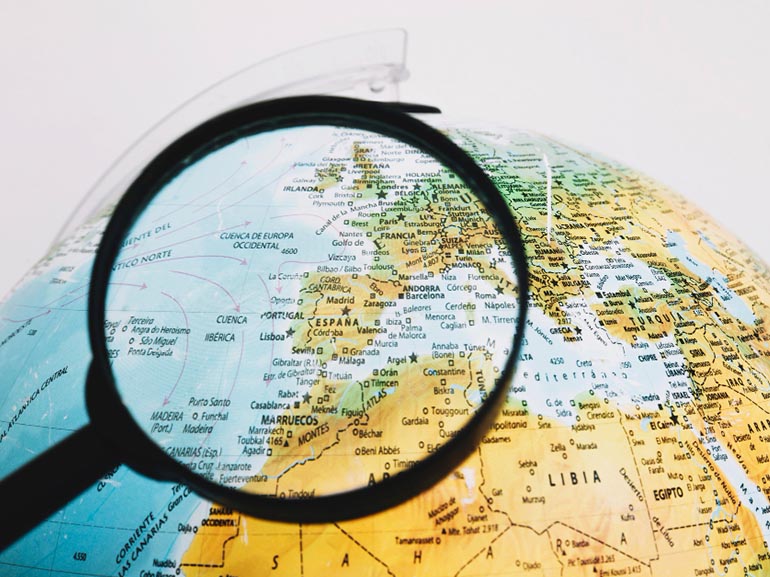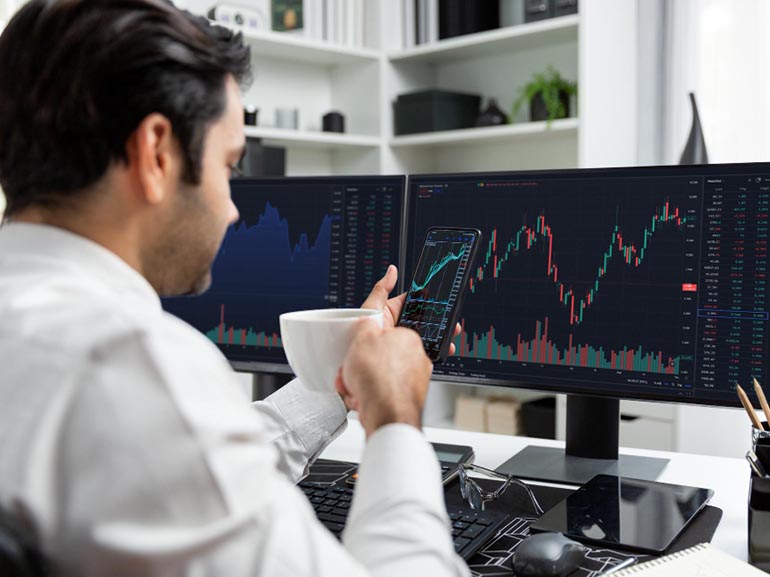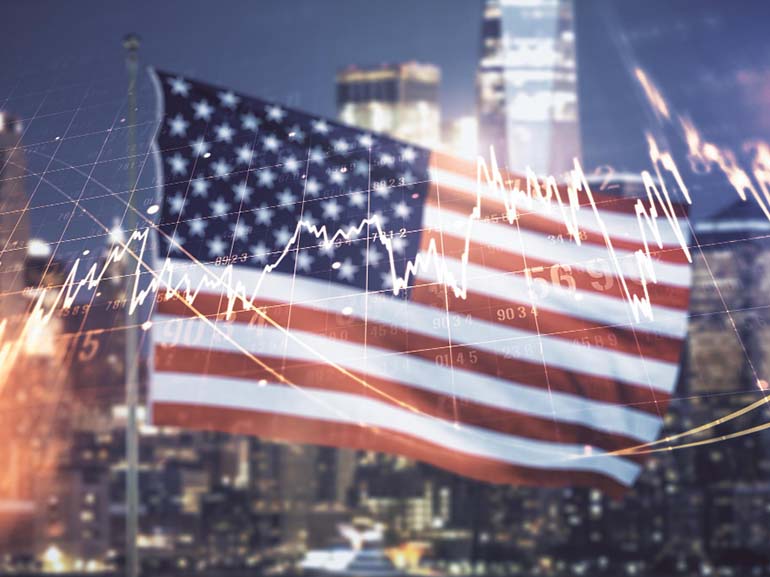Geopolitical Risk Trading Guide: Managing Risk During Geopolitical Crises
Geopolitical conflicts and the pursuit of power are inevitable parts of human nature, especially concerning politics and countries seeking to establish their dominance. These conflicts are undoubtedly challenging and often heartbreaking, creating havoc and an overall sense of chaos. This chaos also extends to the trading realm. As such, traders and investors may want to learn more about how to navigate it.
In this trading guide, we’ll explore how to navigate geopolitical risk when trading by using risk management tools, such as those offered on the Plus500 platform.

TL;DR
Geopolitical events cause market volatility and supply chain disruption.
Affected sectors include oil, gold, defence, and manufacturing.
Mitigate risks with structured analysis, diversification, and resilience planning.
Use tools like Close at Loss and Guaranteed Stop on Plus500 to protect trades.
How Do Geopolitics Affect the Markets
First, it is important to familiarise oneself with how geopolitics affects the markets in various ways, with the main ones being as follows:
They can cause significant volatility across different markets.
They trigger stock market drops.
They can cause gold prices and oil prices to spike.
They can disrupt supply chains, thereby affecting various market sectors differently. For example, companies in the aerospace, cybersecurity, and defence industries may benefit (especially during wars), whereas companies in manufacturing and trade may be negatively affected by disruptions in supply chains.
How to Mitigate Risk During Geopolitical Conflicts
1. Evaluating and Understanding Risk
Routinely assess and pinpoint key geopolitical threats that could affect your trading portfolio, such as civil unrest, wars, tariffs, or regional conflicts.
Construct hypothetical "what-if" situations to anticipate potential disruptions and create adaptable trading response strategies.
2. Implementing Diversification Measures
Distribute investments across various markets and locations to avoid relying on one region.
3. Ongoing Monitoring
Use political intelligence tools and analytics to stay updated on evolving geopolitical trends, policy changes, and potential threats.
4. Adapt Your Strategy
Maintain flexibility in trading strategies, allowing for rapid adjustments in response to changing political landscapes. (Source: PWC)
Using Plus500’s Risk Management Tools
In addition to the above, traders and investors may want to integrate risk management tools, such as those offered on the Plus500 platform, to help mitigate risk.
Examples of popular risk management tools to keep in mind include, but are not limited to:
Close at Profit: Automatically closes a trade when a set profit level is reached to lock in gains.
Close at Loss: Automatically exits a trade at a predefined loss level to limit further losses.
Trailing Stop: Adjusts the stop level as the market moves in your favour, protecting profits while allowing gains to grow.
Guaranteed Stop: Closes a trade at a specific price regardless of market volatility, ensuring no slippage or larger losses.*
*This feature is not available for all instruments, and a fee is charged via a wider spread.
Conclusion
Geopolitical conflicts are an unavoidable aspect of global affairs, often disrupting markets and causing significant volatility. However, with a sound risk management approach, traders and investors can navigate these uncertainties more effectively. By leveraging tools like diversification, strategic scenario planning, and platforms like Plus500 with advanced risk management features, market participants can better protect their portfolios and respond proactively to changing geopolitical landscapes.
*Past performance does not reflect future results. The above are only projections and should not be taken as investment advice
FAQs
What is geopolitical risk in trading?
Geopolitical risk refers to the potential impact on markets from political events like wars, elections, sanctions, or civil unrest. These risks often cause increased volatility and uncertainty.
How can geopolitical events affect my investments?
They can lead to market drops, commodity price spikes (especially oil and gold), and disrupt supply chains, impacting certain sectors more than others.
Which industries usually benefit during geopolitical conflicts?
Sectors like defence, cybersecurity, and aerospace often benefit due to increased government spending and heightened demand.
How can I protect my portfolio during such events?
Diversify across regions and industries, use strategic planning tools, and implement stop-loss and take-profit mechanisms available on trading platforms.
What tools does Plus500 offer to manage risk?
Plus500 provides risk management tools such as Close at Profit, Close at Loss, Trailing Stop, and Guaranteed Stop to help manage risk , especially during volatile periods.






